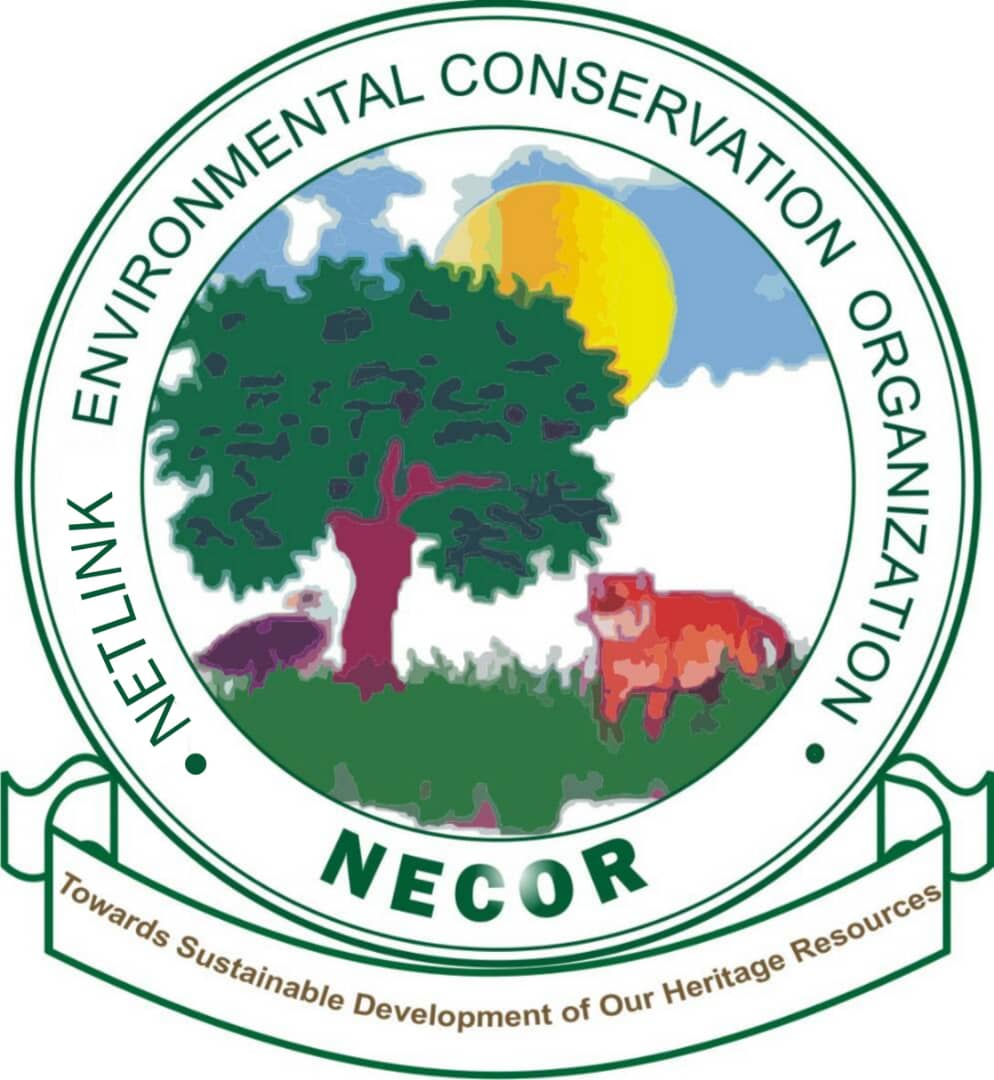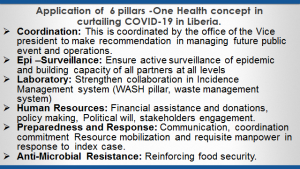This week edition of our online meeting featured Environmentalist Joseph F. Charles a Scientific and Technical Review Panelist to the Ramsar Convention from Liberia. Environmentalist Joe was the pioneer President of ECC in Cuttington University during his undergraduate years where he graduated with a Bachelor of Science in Natural Resource Management.
He possessed a Master of Science Degree in Environmental Management from Pan African University and University of Ibadan, Nigeria.
He is a recipient of fellowship awards and scholarship including Africa Union scholarship, United States Agency for International Development –Excellence in Higher Education for Liberian Development (USAID-EHELD) scholarship, Bridgestone Americas scholarship, and best graduating award (First Dux). He has published in local and international journals and conference proceedings including the International Journal of Energy and Water Resources Management.
In his lecture on the Application of World Health Organization -Onehealth approach in curtailing the spread of COVID-19 in Liberia, the astute scholar shared his experience as representative of Liberia in an organized seminar, training and workshop (Regional Seminar on Anti-microbial Resistance/Use by the Food and Agricultural Organization; Regional workshop on Industrial Risk Mitigation by the Europen Union in collaboration with Africa Center for Excellence, seminar on climate information systems of Liberia by the Green Climate Fund, and the global pharmaceutical monitoring in major rivers by York University, United Kingdom across) on the application of WHO-Onehealth model.
Prior to his commencement of his lecture, the moderator gave a brief on World Health Organization- One Health Approach.
The insurgence of outbreak of zoonotic diseases across the world is of great concern to the human population. It will be recalled that East and Southeast Asia have been the hotspots for influenza and other emerging zoonotic diseases worldwide with pandemic potential for centuries. The emergence of SARS-CoV-2 in 2002 and Middle East respiratory syndrome coronavirus (MERS-CoV) in 2012 cannot be disremembered. Africa is now moving very close to Asia as an infectious disease hotspot with its fastest-growing and youngest human population of any region in the world. This assertion is affirmed by the outbreak of HIV AIDs in 1980 and in August 2014 at Boendi district of DRC Ebola outbreak was recorded. There was an outbreak of Lassa fever in Nigeria. All these occurrences have necessitated the need for the world to demonstrate interdependence relationship among human, animal and ecosystems. This is the basis for A –One Health approach as part of one-medicine concept created in 2004. This concept is aimed at facilitating integration of the ecosystem health, human health and animal health including that of wild fauna.
‘One Health‘ is an approach to designing and implementing programmes, policies, legislation and research in which multiple sectors communicate and work together to achieve better public health outcomes. This approach is particularly relevant in food safety, the control of zoonoses, and combatting antibiotic resistance.
The approach is multidisciplinary in nature in the sense that it brings many professionals with a range of expertise who are active in different sectors, such as public health, animal health, plant health and the environment together.
The brief of Joseph Charles lecture on Application of One Health concept in curtailing the spread of COVID-19 in Liberia.
Thanks for reading









